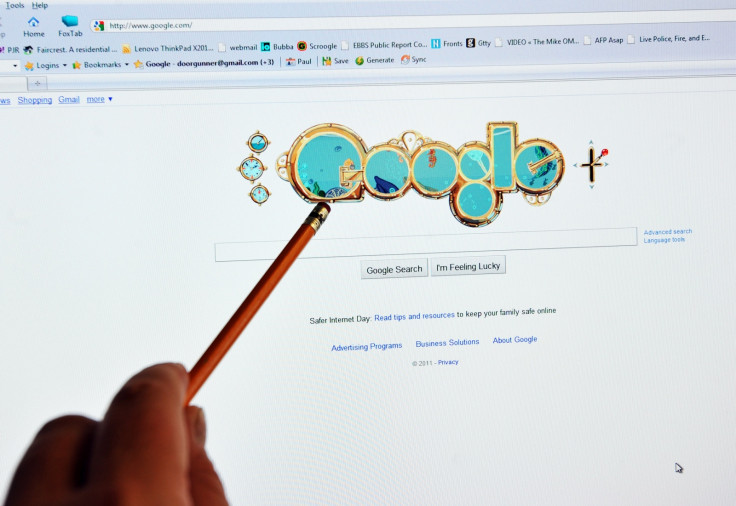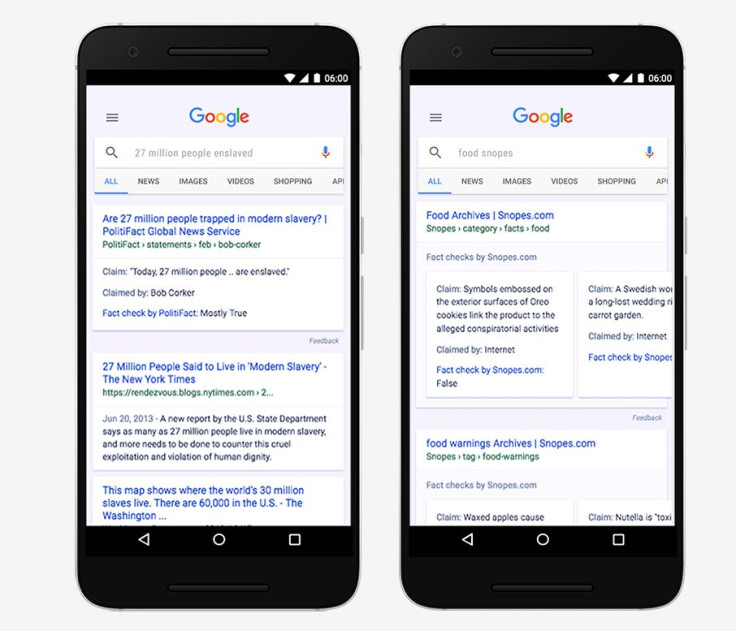Google rolls out Fact Check label for news and search results globally
The feature identifies articles with information verified by news publishers.

Last October, Google introduced a new label dubbed Fact Check that enabled news publishers to add tags to verified content. The feature, which was limited to countries like the US and the UK, identifies articles that have been verified by publishers and fact-checking organisations.
The web search giant has now announced that it is rolling out the label across the world. Starting Friday (7 April), the Fact Check label is will be available for Google search in all languages.
So now when you search on Google, the engine returns a result with fact checked pages. It will display the name of the publisher or the fact-checking organisation that has checked the information presented on the site.
But this information will not be enabled for all search results and there might be sites where different publishers have checked the claims and reached different conclusions. Google giant believes differing conclusions will enable readers understand the degree of consensus for a particular claim and help them make informed choices.
"As we make fact checks more visible in Search results, we believe people will have an easier time reviewing and assessing these fact checks, and making their own informed opinions," the company said in a blog post on 7 April.
Google has also provided guidelines for publishers to fact-check public statement. It said, "If a publisher or fact check claim does not meet these standards or honor these policies, we may, at our discretion, ignore that site's markup."
Meanwhile, Facebook continues its efforts to offer accurate information on the social media site. The company recently introduced a new security measure to help users spot fake news. This feature, which can be found on top of the News feed section on Facebook, is available in 14 countries.

© Copyright IBTimes 2025. All rights reserved.





















